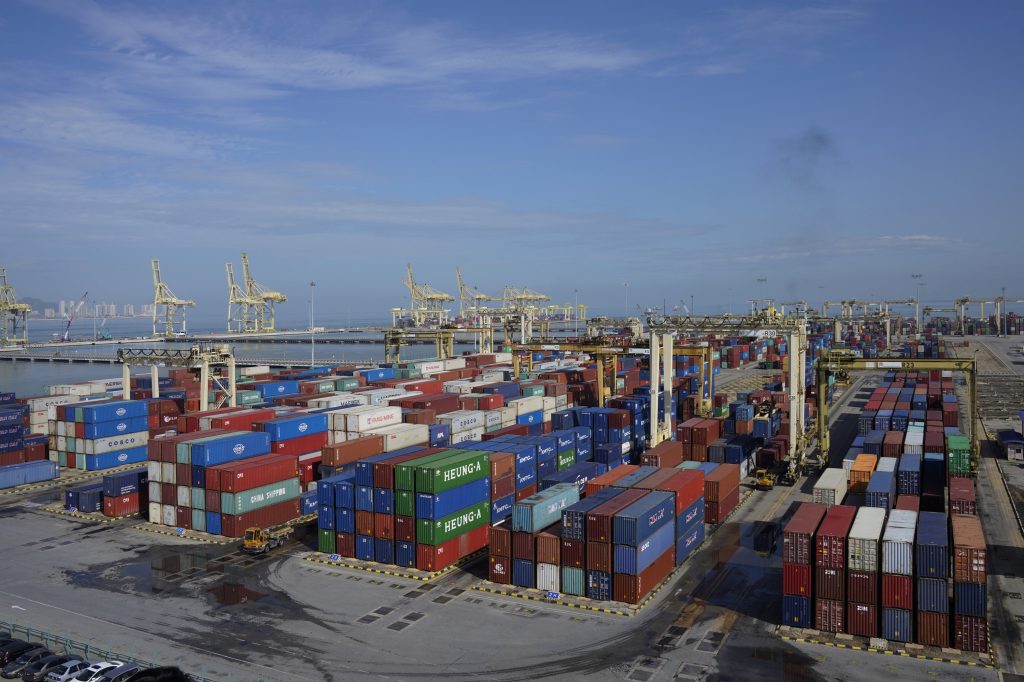Malaysia has decided to bar all Israeli-flagged cargo ships from accessing its ports, citing Israel’s violation of international law and its actions in Gaza, which Malaysia condemns as a massacre and brutality against Palestinians.
Prime Minister Anwar Ibrahim, in an official statement, announced the maritime ban specifically targeting ZIM, Israel’s largest shipping company. The decision comes amid rising concerns about global shipping disruptions due to attacks on cargo vessels in the Red Sea.
Effective immediately, ships bound for Israel will face restrictions on loading cargo at any port within Malaysia. The nation, with a majority Muslim population, lacks diplomatic relations with Israel and advocates for a two-state solution to the Israel-Palestine conflict.
Anwar expressed the Malaysian government’s stance, stating, “We have decided to block and disallow the Israeli-based shipping company ZIM from docking at any Malaysian port.” The measures are a response to what Malaysia perceives as Israel’s disregard for humanitarian principles and violations of international law in its actions against Palestinians.
Furthermore, Malaysia has chosen to no longer permit ships flying the Israeli flag to dock in the country and has imposed a ban on any ship en route to Israel from loading cargo in Malaysian ports. These restrictions, according to the prime minister, are immediately enforceable.
Malaysia, known for its support of the Palestinian cause, has donated millions of dollars in aid to Gaza. Anwar has been vocal in condemning Israel’s bombardment of Gaza since October 7, emphasising the humanitarian aspect of the conflict.
The move by Malaysia coincides with disruptions in shipping routes due to Houthi rebel attacks in the Red Sea, a vital passage for global trade between Europe and Asia. With the Suez Canal connecting the Red Sea to the Mediterranean, approximately 12 percent of world shipping traffic relies on this route. The ongoing disturbances have prompted container ships to alter routes and adjust prices, with the United States recently announcing the formation of a multinational force to protect trade in the Red Sea after Houthi attacks led to the suspension of many shipping operations.

